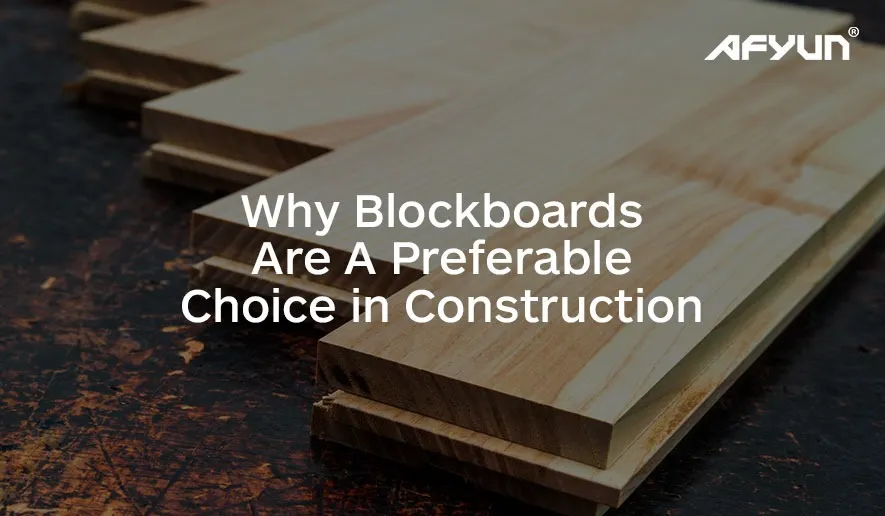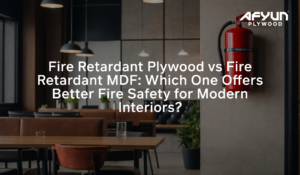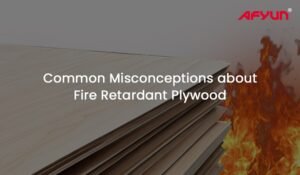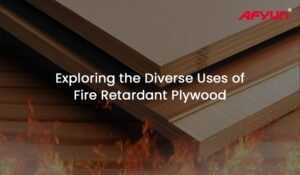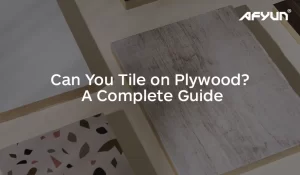Choosing suitable materials during construction is crucial for ensuring structural integrity, durability, and cost-effectiveness.
Blockboards, a type of engineered wood panel, have emerged as a popular choice for various applications due to their unique properties and numerous benefits.
This blog deals with blockboards, their definition, diverse uses, and the advantages they offer to construction projects.
Let’s dive in!
What Are Blockboards?
Blockboards are plywood panels with a unique core. Unlike plywood’s layered veneer construction, blockboards boast a core consisting of solid wood strips, usually softwood, arranged edge-to-edge.
These strips are sandwiched between two outer layers, which can be made of veneers, MDF, or particleboard. This specific construction method grants blockboards several advantages over conventional plywood.
Top Uses of Blockboards in Construction
Blockboards find application in a wide range of construction projects, including:
- Doors & Door Frames
- Partitions & Wall Panels
- Furniture & Cabinets
- Flooring Substrates
- Shopfitting & Display Units
- Packing & Crating
- Interior Design Applications
- Concrete Shuttering
Benefits of Using Blockboards
Here are eight key reasons why blockboards can be a preferable choice in construction:
Superior Dimensional Stability: The core construction minimizes warping and bending, ensuring structural integrity and a smooth finish.
Lightweight Strength: Blockboards offer a good balance between weight and strength, making them suitable for various applications without adding unnecessary weight to the structure.
Cost-Effectiveness: Blockboards are often more affordable than plywood, especially for larger projects, without compromising on quality.
Moisture Resistance: Treated blockboards can withstand humidity and moisture, making them suitable for use in areas prone to moisture buildup.
Easy Workability: Blockboards are easily cut, drilled, and shaped, allowing for efficient construction and customization.
Excellent Screw Holding: The core construction provides a strong grip for screws and nails, ensuring secure fastening of fixtures and fittings.
Environmentally Friendly: Blockboards utilize less wood compared to solid wood, making them a more sustainable choice.
Aesthetic Appeal: Blockboards offer a natural wood appearance, adding a touch of warmth and beauty to interior projects.
Final Thoughts
Blockboards offer a unique combination of strength, stability, versatility, and cost-effectiveness, making them a preferred choice in the construction industry.
Their diverse applications and benefits make them a preferred choice for builders and interior designers seeking reliable and long-lasting solutions.
The next time, consider the potential of blockboards to improve your project’s quality and durability.
